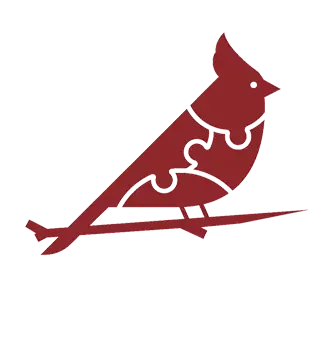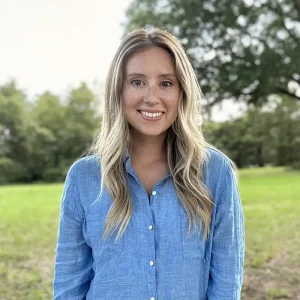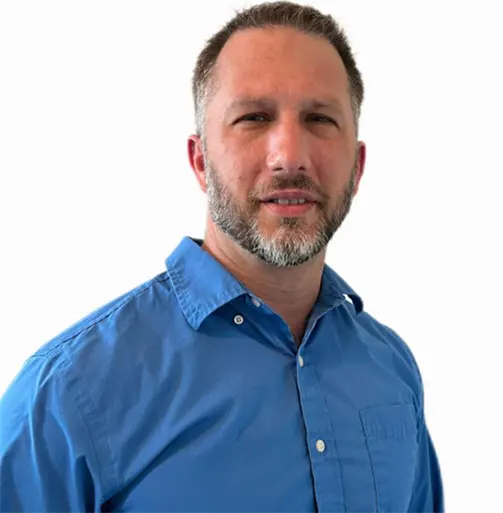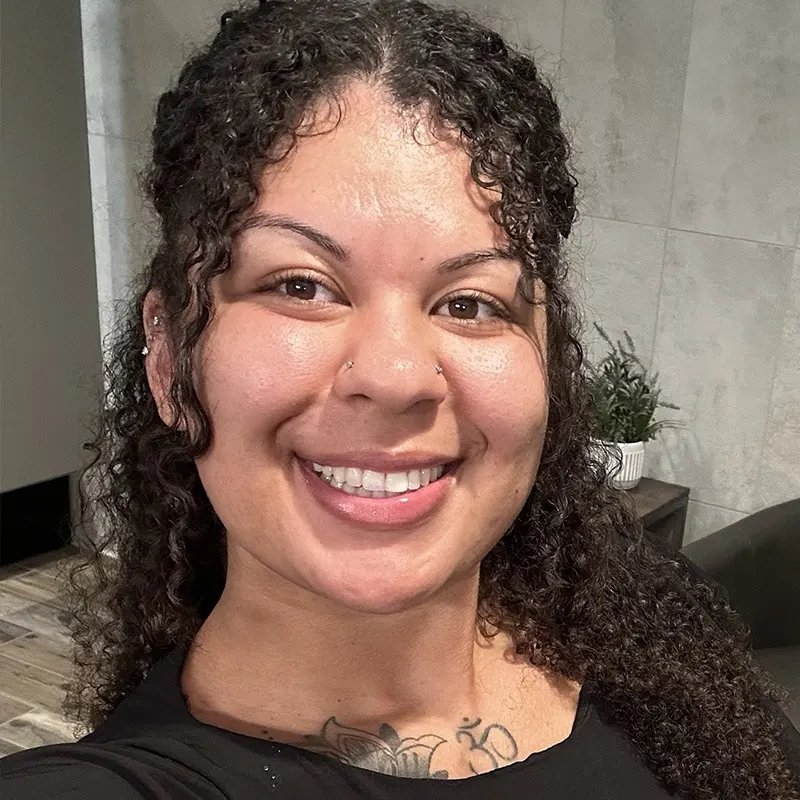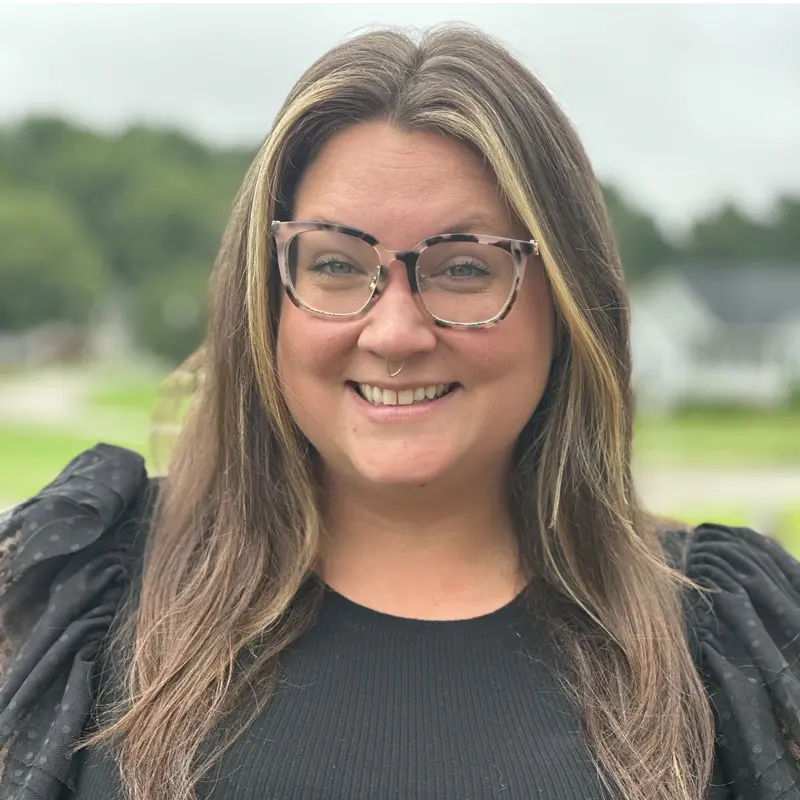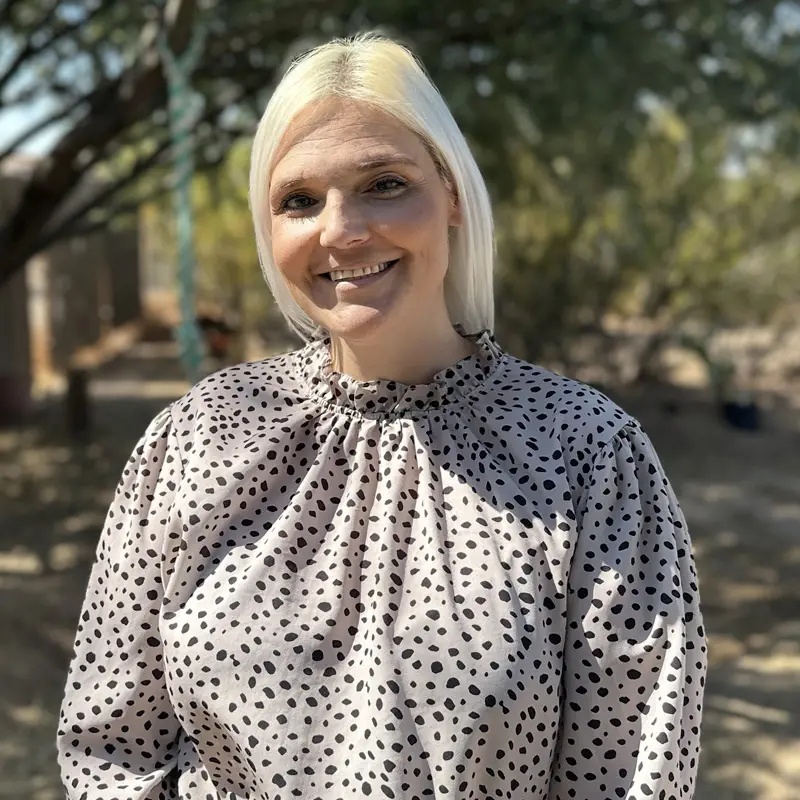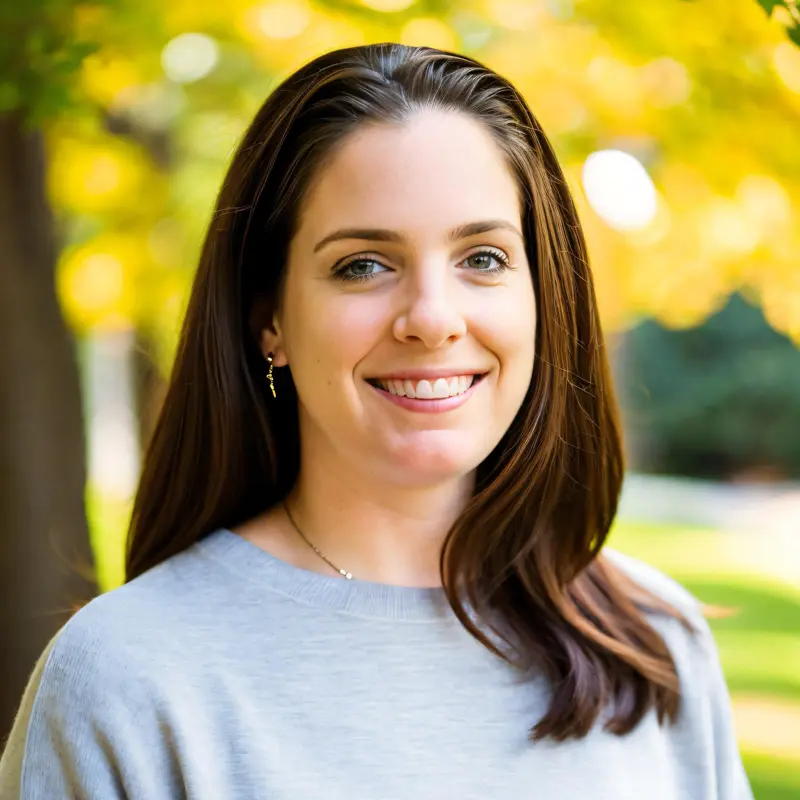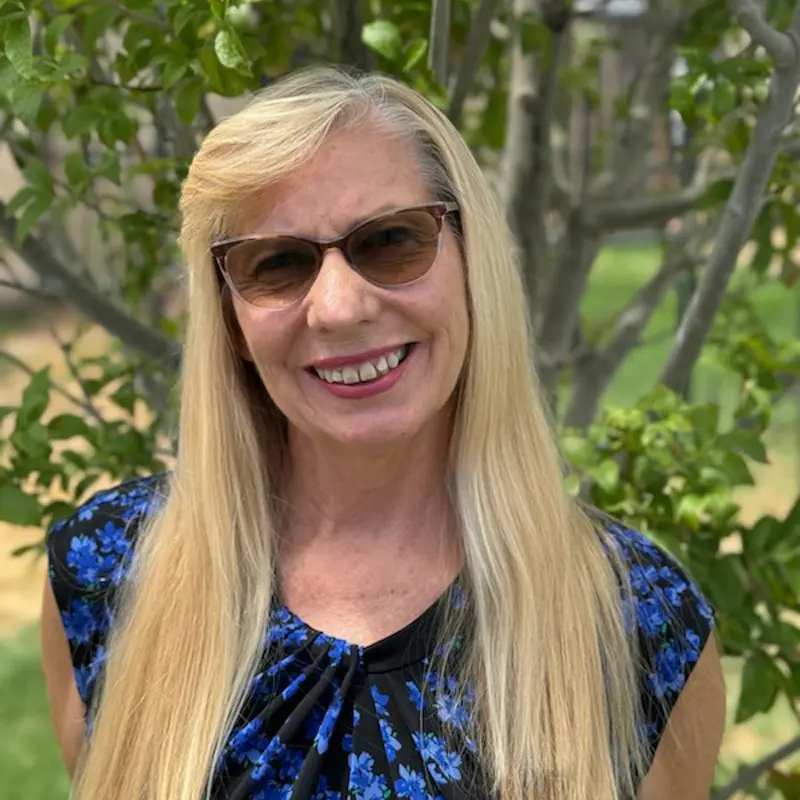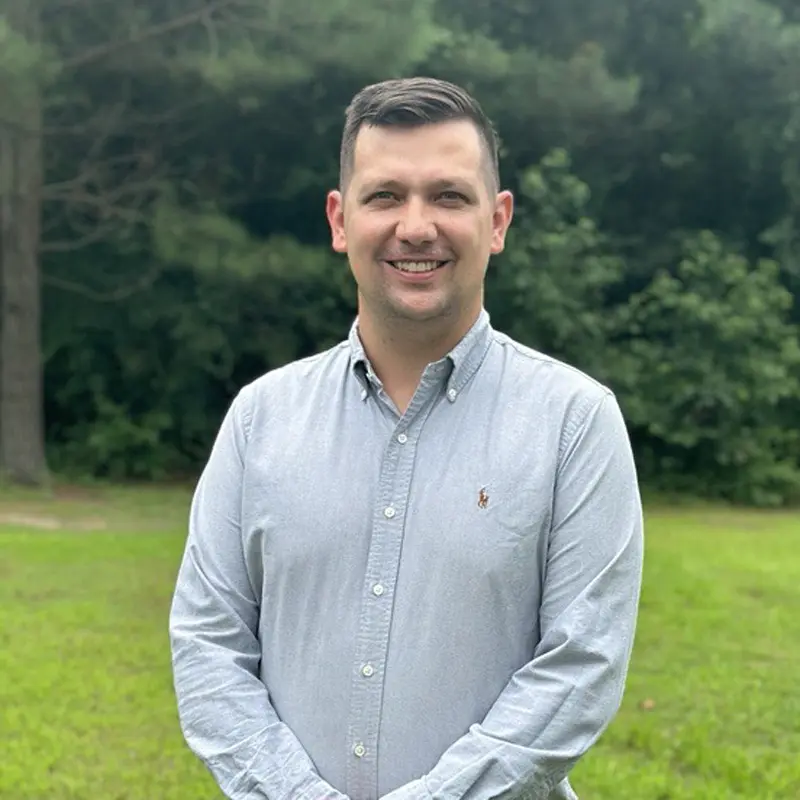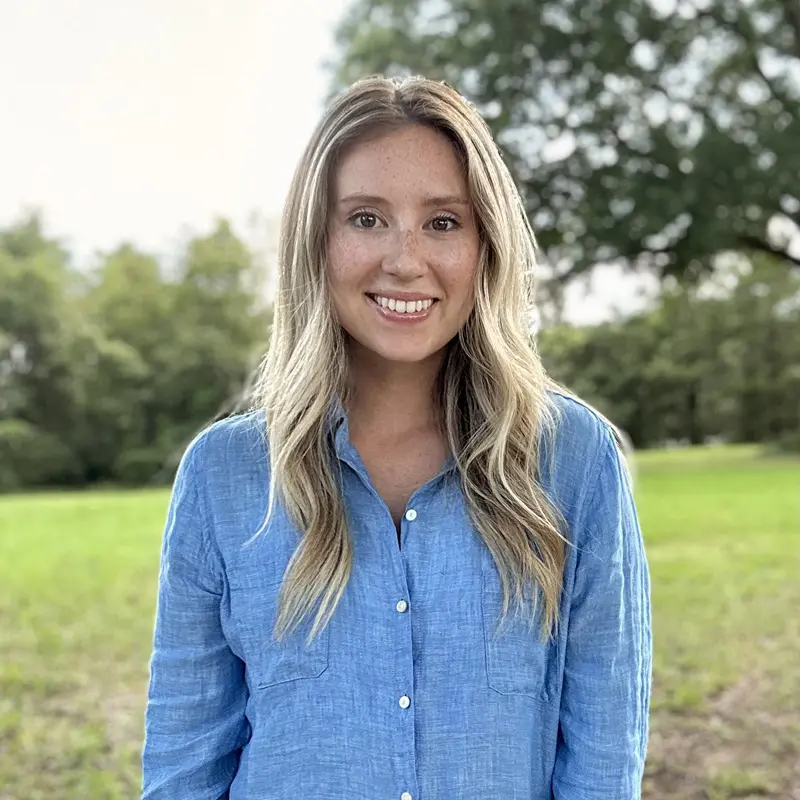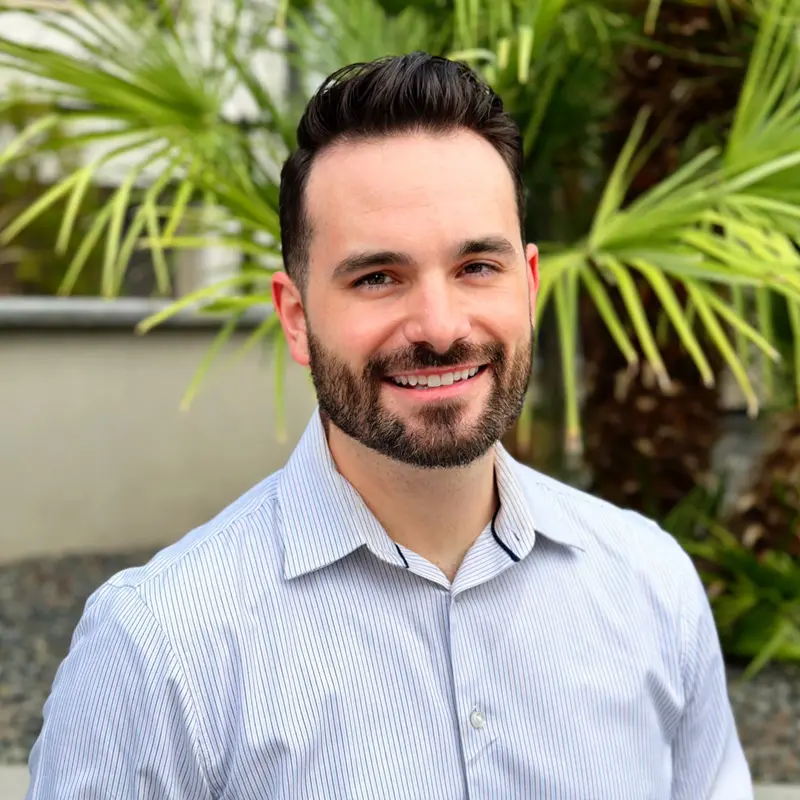Helping children with autism spectrum disorder (ASD) build essential life skills is a core part of promoting independence and long-term well-being. These skills enable individuals to take care of themselves, interact with others, and navigate the world with greater confidence.
At Cardinal Pediatric Therapies, we believe that developing life skills for autism should be a highly personalized and supportive process. Through collaboration with families and therapists, children can learn to master daily routines, manage their emotions effectively, and engage meaningfully with their communities. Below, we explore the importance of life skills development, practical life skills activities for individuals with autism, and how parents and therapists can collaborate to support this growth.

What Are Life Skills and Why Are They Important for Children with Autism?
Life skills for autism are everyday abilities that allow a person to live as independently as possible. For children with autism, these can include everything from brushing teeth to handling money, preparing meals, or navigating social situations. While these skills may come naturally to neurotypical children, many individuals with ASD require more structured support to learn and practice them.
Life skills for autism are not just about checking boxes. They play a vital role in:
- Improving self-confidence
- Encouraging social participation
- Fostering independence at home, school, and in the community
- Reducing dependency on caregivers over time
These skills often serve as the foundation for greater success later in life, including academic achievement, professional advancement, and social engagement.
How Life Skills Are Taught in Pediatric Therapy
At Cardinal Pediatric Therapies, we take a collaborative and holistic approach to teaching life skills. Our team of occupational therapists (OTs), speech-language pathologists (SLPs), and board-certified behavior analysts (BCBAs) all play a role in identifying the child’s strengths and designing goals that match their developmental level.
Therapy often includes:
- Structured teaching methods with visual schedules and task analysis
- Modeling and imitation to demonstrate desired behaviors
- Positive reinforcement to encourage skill mastery
- Role-playing and practice in natural environments like home or school
We also work closely with families to ensure these skills are practiced consistently outside of sessions, which helps reinforce progress and improve generalization.

Life Skills Activities for Autism by Age Group
Life skills for autism differ significantly depending on the age group, as younger children typically focus on foundational tasks. In comparison, older children and teens work on more complex skills that promote independence and self-management in everyday situations.
Early Childhood (Ages 2 to 5)
At this stage, children are developing foundational abilities. Life skills activities for autism in early childhood may focus on:
- Washing hands with prompts or songs
- Putting toys away after playtime
- Using utensils during meals
- Recognizing and expressing basic needs
- Practicing turn-taking during play
Simple visuals and reward systems help encourage engagement.
Elementary School (Ages 6 to 10)
Children at this age can take on more complex routines. Life skills activities might include:
- Dressing independently and brushing teeth
- Completing simple household chores
- Making a basic snack with supervision
- Managing transitions between tasks using a visual timer
- Participating in group activities with social prompts
Goal-setting becomes more critical during this period, and children benefit from having clear expectations.
Adolescents and Teens (Ages 11 and Up)
Older children and teens work toward skills that support long-term independence:
- Preparing meals and using kitchen tools safely
- Learning personal hygiene routines without reminders
- Practicing money management and shopping
- Using public transportation or planning a daily schedule
- Engaging in conversations, job-readiness activities, or community outings
Therapists may also work on executive functioning skills such as planning, organization, and emotional regulation.
Benefits of Life Skills For Autism
The benefits of life skills for autism extend beyond daily functioning; they empower individuals to build meaningful relationships, enhance their self-esteem, and ultimately lead more fulfilling lives.
Social and Communication Life Skills
Social development is a key area of focus for many children with autism. Some of the most valuable life skills include:
- Greeting others and initiating conversation
- Understanding body language and tone of voice
- Asking for help when needed
- Expressing likes, dislikes, and needs clearly.
Speech therapists often use visual prompts, peer modeling, and social stories to build these communication abilities. Group therapy sessions may also offer opportunities for peer interaction and feedback.
Daily Living and Self-Care Skills
Daily living tasks help children feel more capable and independent. These may include:
- Brushing hair and teeth
- Choosing appropriate clothing for the weather
- Using the bathroom independently
- Preparing a snack or packing a lunch
- Following a bedtime or morning routine
Occupational therapists play a central role in helping children learn these self-care skills through step-by-step instruction and sensory-friendly strategies.
Executive Functioning and Time Management
Many children with autism benefit from additional support in managing time and organizing tasks. These skills become more important as academic and social expectations increase.
Helpful strategies include:
- Using a visual timer for tasks or breaks
- Creating a daily schedule with pictures or icons
- Practicing transitions between preferred and non-preferred activities
- Learning to break tasks into smaller steps
- Organizing school materials and backpacks with checklists
These tools can help reduce stress and promote self-sufficiency in children throughout the day.
Supporting Life Skills Development at Home
Parents and caregivers play a crucial role in reinforcing life skills for individuals with autism. Some strategies to try at home include:
- Creating visual schedules to show daily routines
- Breaking tasks into small, manageable steps
- Offering praise and encouragement for effort and progress
- Modeling the desired behaviors during daily routines
- Practicing new skills in natural settings, like during grocery shopping or family meals
Therapists at Cardinal Pediatric Therapies work with families to create home programs that align with therapy goals and promote consistent practice.

Why Life Skills Training Must Be Individualized
No two children with autism are alike. Life skills training must be adapted to the individual child’s learning style, interests, and level of support needed. Some children may benefit from sensory-friendly strategies, while others respond better to visuals, routines, or social stories.
At Cardinal Pediatric Therapies, we tailor each plan to fit the child’s strengths and goals. Whether the child is working on basic self-care or preparing for more complex life transitions, we ensure the path is both achievable and empowering.
Long-Term Benefits of Teaching Life Skills
When life skills for autism are taught early and reinforced consistently, the impact can be lifelong. Children gain confidence, build stronger relationships, and navigate challenges with greater independence. These skills also improve overall quality of life and reduce long-term dependence on caregivers.
By investing in life skills development, families and therapists are setting children up for success in school, at home, and in the community.

Cardinal Pediatric Therapies is Here To Help!
Building life skills for individuals with autism is one of the most crucial steps toward achieving independence and autonomy. Whether learning how to manage personal hygiene, communicate with others, or organize daily routines, these abilities lay the groundwork for a fulfilling and empowered life.
At Cardinal Pediatric Therapies, we offer personalized, evidence-based strategies to help every child develop the tools they need to thrive. Contact us today to learn how our team can support your child’s life skills journey in Arizona or North Carolina.

